|
The Heat and Light podcast has wrapped and it’s a great time to get caught-up!
The release of episode 7 marks the final installment of our series. It’s been great exploring why 1968 holds such a grip on world events, even today. From politics to technology, the spirit of ‘68 continues.
If you missed them, all of our episodes can be found below. Simply use the podcast service of your choice to listen.
Revolution Starts on Campus
Fear of a Non-Nuclear Family
An Interracial Kiss – on Another Planet Detroit is Burning
The Mother of All Demos
Why God Votes Republican
The Left’s Gift to Nixon
 
 
 
And that’s not all. Stay tuned to this newsletter - The Conversation is busy cooking up a new podcast and you’ll hear about it here first.
|
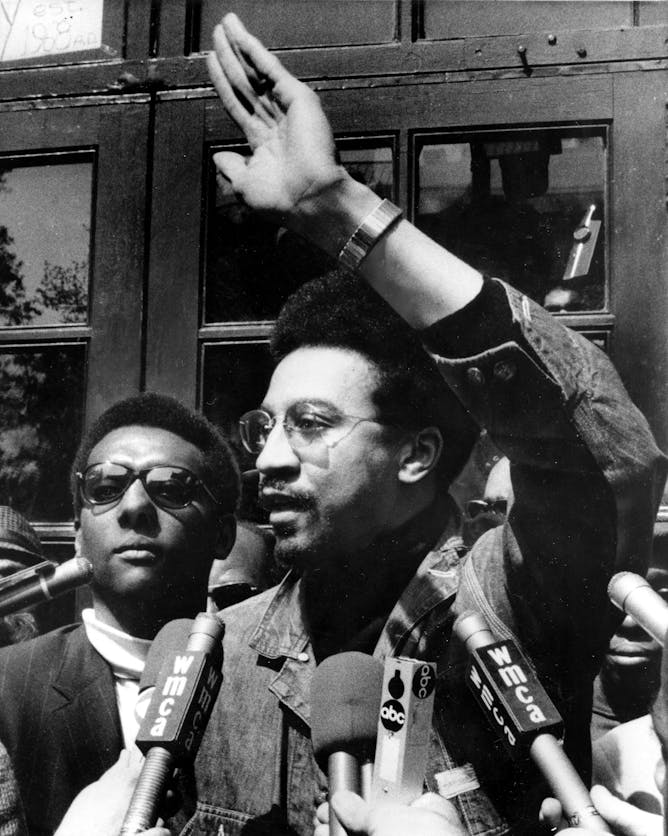
Black power militant H. Rap Brown and Stokely Carmichael (right) appeared at a sit-in protest at Columbia University in New York City on April 26, 1968.
AP
Stefan M. Bradley, Loyola Marymount University
The 1968 protests at Columbia University led the institution to abandon a gym project that residents considered racist and cut off its defense work – and generated worldwide attention in the process.
|
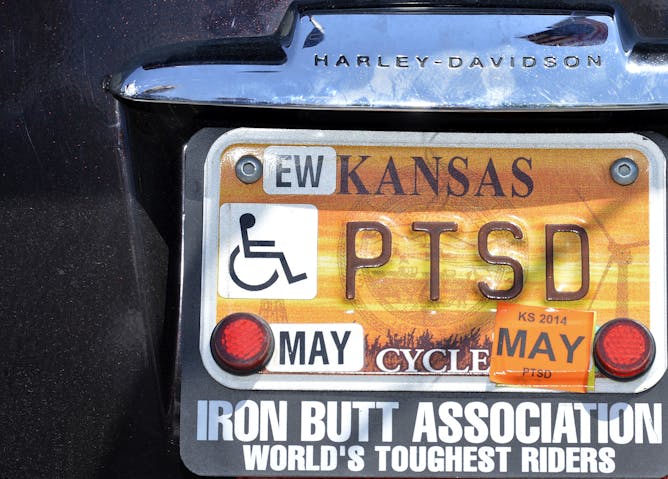
The poor treatment of Vietnam War veterans, many of whom had PTSD, angered Natasha Zaretsky’s Midwestern students.
REUTERS/Mike Theiler
Natasha Zaretsky, Southern Illinois University
A scholar raised by leftist San Francisco parents in the 1970s ends up teaching in the heartland, where her students represent a very different kind of politics. What she learns from them is profound.
|
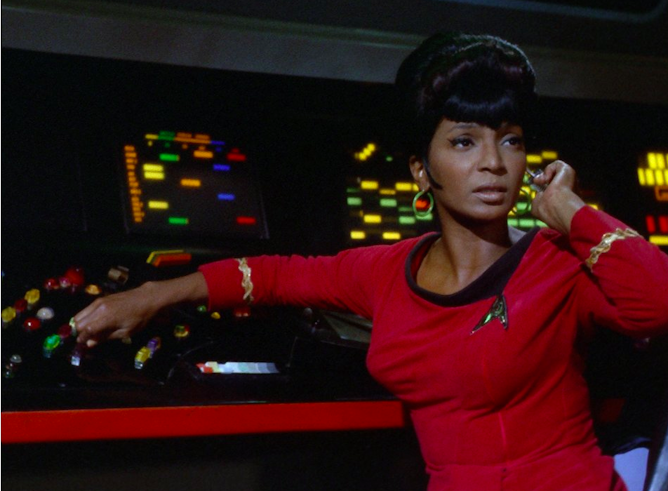
Nervous about how southern television viewers would react, NBC executives closely monitored the filming of the kiss between Nichelle Nichols and William Shatner.
U.S. Air Force
Matthew Delmont, Arizona State University
The career arc of Nichelle Nichols – the first black woman to have a continuing co-starring role on TV – shows how diverse casting can have as much of an impact off the screen as it does on it.
|
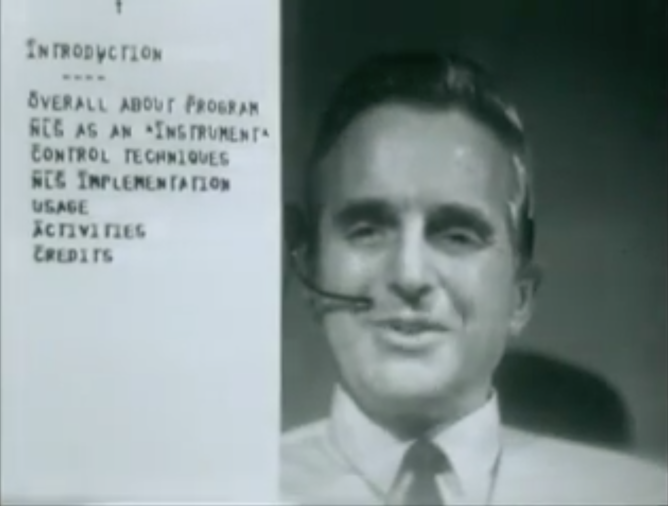
A scene from Doug Engelbart’s groundbreaking 1968 computer demo.
Doug Engelbart Institute
Margaret O'Mara, University of Washington
A 90-minute presentation in 1968 showed off the earliest desktop computer system. In the process it introduced the idea that technology could make individuals better – if government funded research.
|
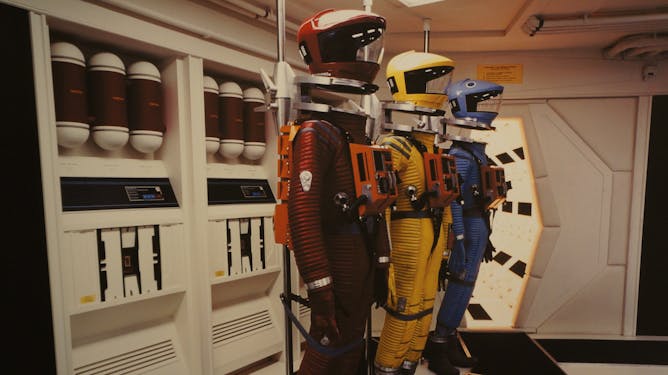
Even 17 years beyond 2001, spacesuits are bulkier than this.
Matthew J. Cotter/Flickr
Daniel N. Rockmore, Dartmouth College
People are still wrestling with what artificial intelligence could and should do, half a century after the debut of the Kubrick-Clarke classic.
|
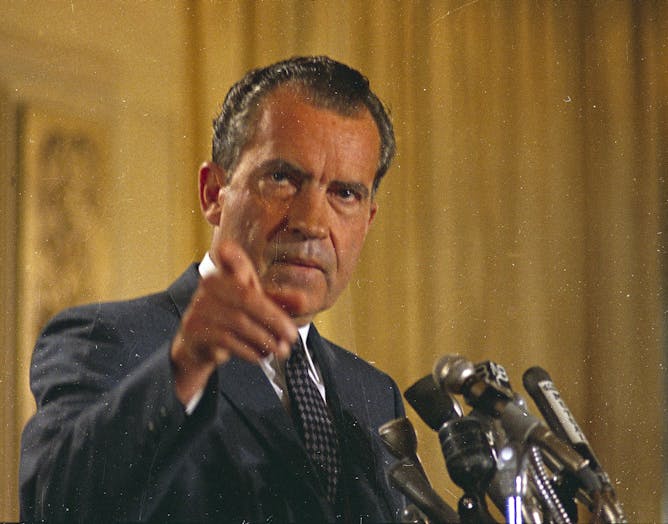
Richard Nixon, Republican candidate for president, is seen in August 1968.
AP Photo
Donald Critchlow, Arizona State University
From Thomas Jefferson to Donald Trump, the idea of the little guy ignored by politicians has loomed large in American political rhetoric.
|